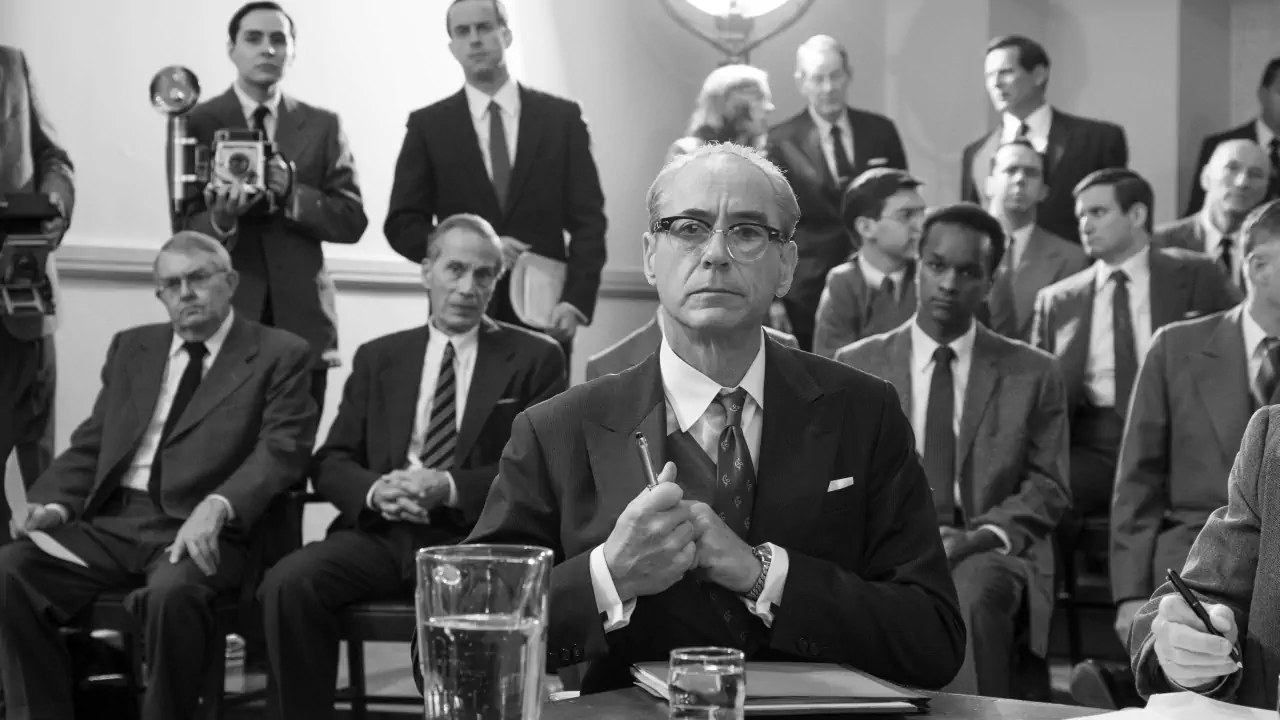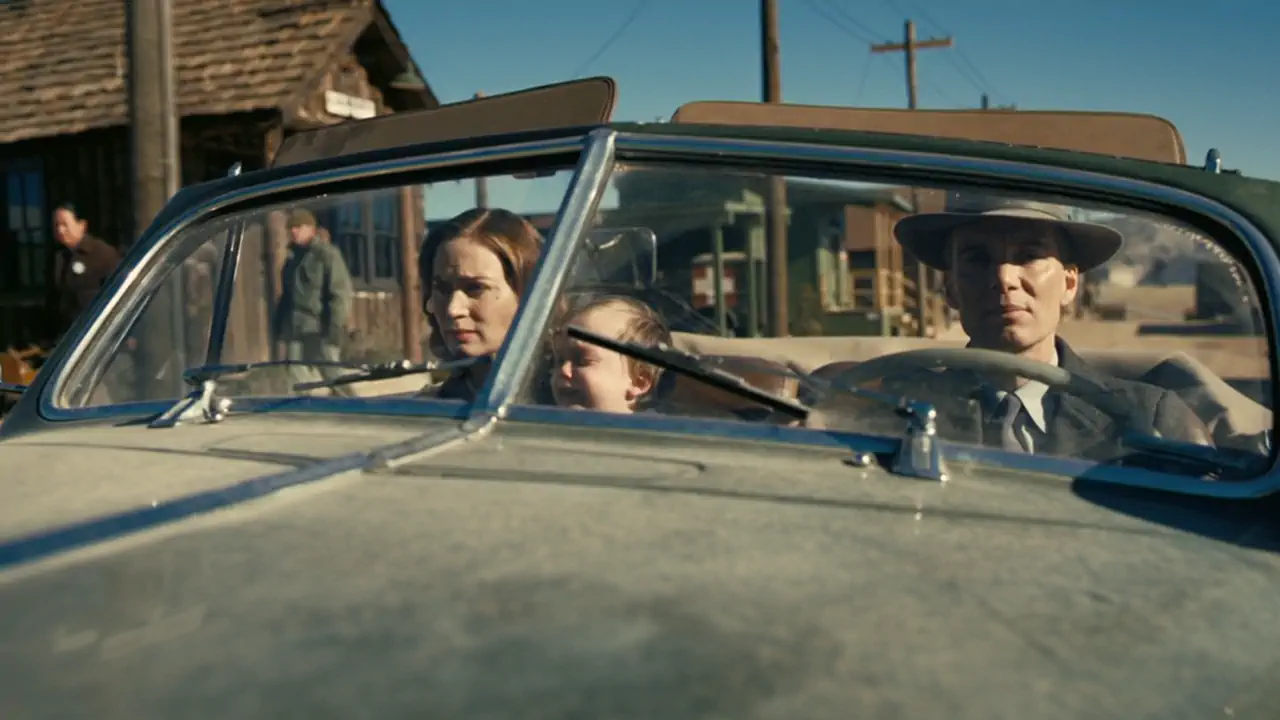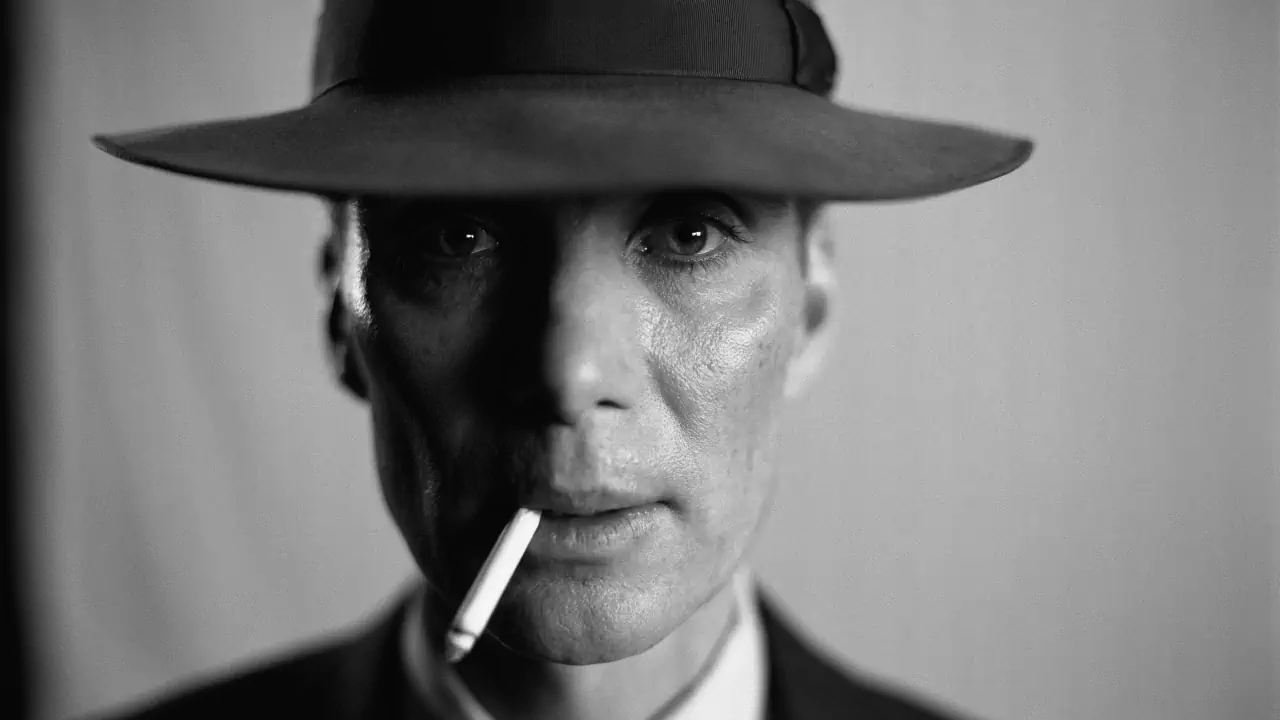While Christopher Nolan’s latest film Oppenheimer (2023) has received widespread acclaim, there are some critiques worth mentioning.
One criticism revolves around the film’s decision to withhold any images from the aftermath of the atomic bombings in Hiroshima and Nagasaki. Some critics argue that this omission is a missed opportunity for the film to confront the devastating consequences of Oppenheimer’s work. They view this choice as problematic, suggesting that it could be interpreted as a glorification of mass murder or a failure to fully reckon with the ethical implications of the atomic bomb.

Another point of contention is the acting style employed in Oppenheimer. Several critics have noted that many of the performances have an “old movie” feeling, with actors delivering their lines quickly and not moving their faces as much as one would expect in a modern story. While this may evoke a sense of nostalgia or homage to classic cinema, it can create a disconnect for audiences accustomed to more naturalistic performances. Some viewers may find the rapid-fire dialogue delivery reminiscent of screwball comedies, which might not resonate with everyone’s taste.
Watch Oppenheimer Opening Look
Additionally, some critics have expressed concerns about the film’s pacing and its extensive runtime. With a running time of over three hours, Oppenheimer demands a significant investment of time and attention from its viewers. While the majority of the film’s pacing is well-handled, there are moments where the narrative feels stretched, potentially testing the patience of some audience members. This aspect might not be appealing to those who prefer more concise storytelling or have limited endurance for lengthy films.

It’s important to note that while these criticisms exist, they do not overshadow the overall positive reception and remarkable achievement of Oppenheimer. The film’s complex and vivid portrait of J. Robert Oppenheimer, its attention to detail, exceptional performances, and exploration of moral and ethical dilemmas have been widely praised. Christopher Nolan continues to demonstrate his prowess as a filmmaker, delivering a thought-provoking and visually immersive experience.
What can we know about the director?
Christopher Nolan is a highly acclaimed British film director and writer. He was born on July 30, 1970, in London, England. Raised by an American mother and a British father, his family had the opportunity to spend time in both Chicago and London. These diverse cultural influences have likely contributed to the unique style and international appeal of his films.

Nolan is known for his noirish visual aesthetic and unconventional, often highly conceptual narratives. Many of his films are heavily influenced by film noir, and he has an affinity for exploring various ways of manipulating story time and the viewer’s experience of it. He is recognized for his cerebral, often nonlinear storytelling, which challenges audiences to engage with complex narratives.
One of Christopher Nolan’s notable achievements is being the first British director to have a film gross over one billion dollars at the box office with “The Dark Knight” in 2008. This commercial success solidified his status as one of the leading filmmakers of the 21st century.
Nolan’s filmography includes numerous critically acclaimed movies such as “Memento” (2000), “Inception” (2010), “Interstellar” (2014), and “Dunkirk” (2017). His films frequently explore themes of identity, memory, time, and morality. With his distinctive visual style, immersive storytelling, and skillful handling of complex concepts, Nolan has garnered a dedicated fanbase and widespread recognition within the industry.
It’s also worth mentioning that Christopher Nolan has both British and American citizenship. He is known for his preference for traditional filmmaking techniques, as he refuses to use Digital Intermediates for his films and instead opts for the photochemical timing process. This commitment to preserving the authenticity and craftsmanship of traditional filmmaking further underscores his dedication to his craft.
Overall, Christopher Nolan’s career is marked by boundary-pushing storytelling, visually stunning films, and a dedication to his artistic vision. He has firmly established himself as one of the most influential and celebrated directors of our time.
















































